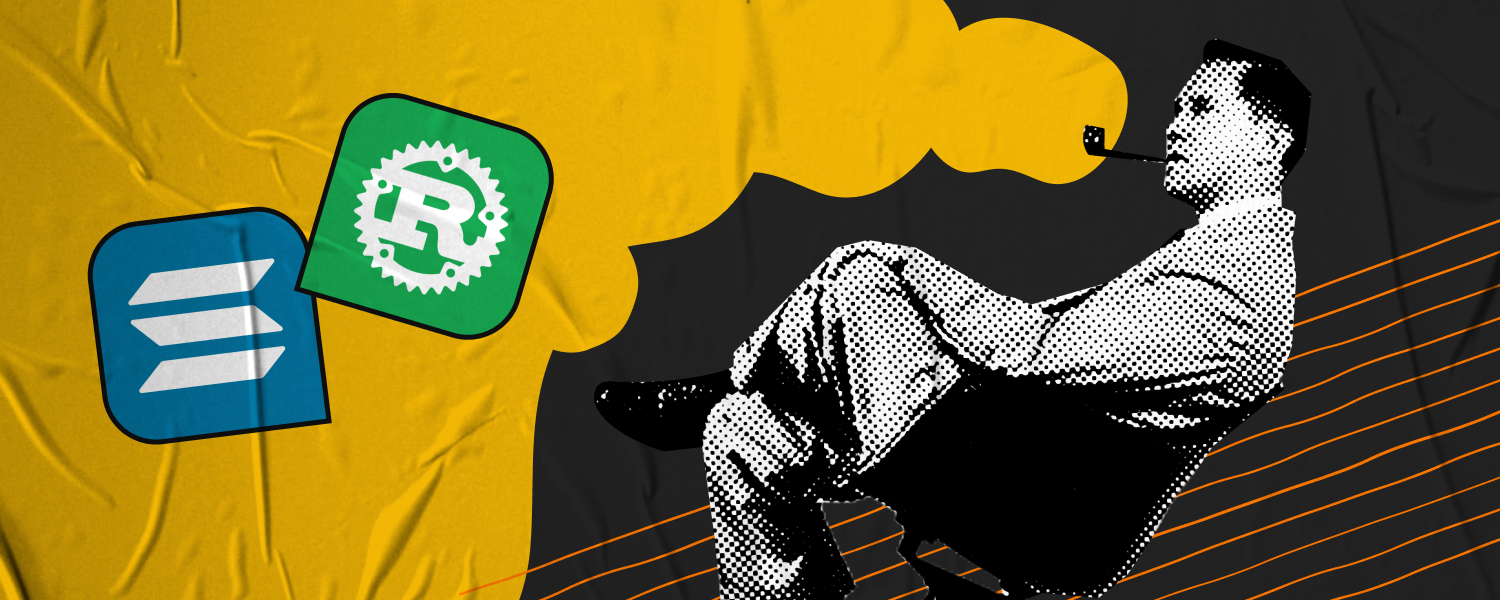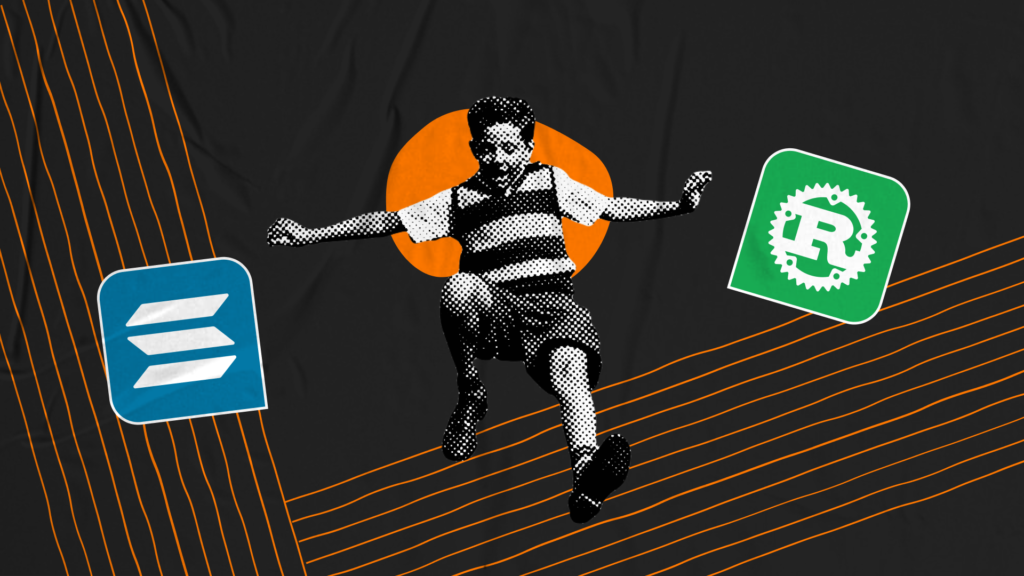Exploring Blockchain Development with Rust and Solana

Blockchain technology has revolutionized various industries by providing decentralized, secure, and transparent solutions. Among the many programming languages and platforms available, Rust and Solana stand out as powerful tools for blockchain development. In this post, we’ll explore the advantages of using Rust and Solana, the options available for implementation, and why they are becoming increasingly popular among developers.
Why Rust?
Rust is a systems programming language known for its performance, memory safety, and concurrency. Here are some of the key advantages of using Rust for blockchain development:
1. Memory Safety: Rust eliminates common programming errors such as null pointer dereferences and buffer overflows. Its strict compiler checks ensure that developers write safe code, which is crucial in blockchain applications where security is paramount.
2. Performance: Rust offers performance comparable to C and C++, making it suitable for high-performance applications. This is particularly important in blockchain networks that require fast transaction processing and efficient resource management.
3. Concurrency: Rust’s ownership model allows for safe concurrency without the need for garbage collection. This is beneficial for blockchain applications that need to handle multiple transactions simultaneously.

Why Solana?
Solana is a high-performance blockchain platform designed for decentralized applications (dApps) and crypto projects. Here are some reasons why Solana is a great choice for developers:
1. Scalability: Solana is capable of processing thousands of transactions per second (TPS) thanks to its unique consensus mechanism, Proof of History (PoH). This scalability is essential for applications that need to handle large volumes of transactions in real-time.
2. Low Transaction Costs: The cost of transactions on the Solana network is significantly lower than that of many other blockchains. This makes it an attractive option for developers looking to build cost-effective applications.
3. Ecosystem and Community: Solana has a rapidly growing ecosystem with a vibrant community of developers, which provides resources, tools, and support for new projects. This fosters innovation and collaboration, making it easier for developers to build and scale their applications.
Implementation Options
When it comes to implementing blockchain solutions with Rust and Solana, there are several options available:
1. Smart Contracts: Developers can write smart contracts in Rust, which can then be deployed on the Solana blockchain. These contracts can handle various functionalities, from token creation to complex decentralized applications.
2. Decentralized Finance (DeFi): Solana’s high throughput makes it an ideal platform for DeFi applications, such as decentralized exchanges (DEXs), lending platforms, and yield farming protocols.
3. Non-Fungible Tokens (NFTs): The Solana blockchain supports the creation and trading of NFTs, allowing developers to build marketplaces and platforms for unique digital assets.
4. Gaming and Metaverse: With the growing interest in blockchain gaming and virtual worlds, Solana offers the performance needed to create immersive experiences that can handle a large number of players and transactions.
Conclusion
The combination of Rust and Solana presents an exciting opportunity for developers looking to build robust and scalable blockchain applications. With Rust’s emphasis on safety and performance, alongside Solana’s unmatched speed and low costs, these technologies are well-suited for a wide range of use cases. As the blockchain ecosystem continues to evolve, embracing Rust and Solana could be the key to unlocking innovative solutions that meet the demands of the future. Whether you’re a seasoned developer or just starting your journey, exploring these technologies is a step toward building the next generation of decentralized applications.
